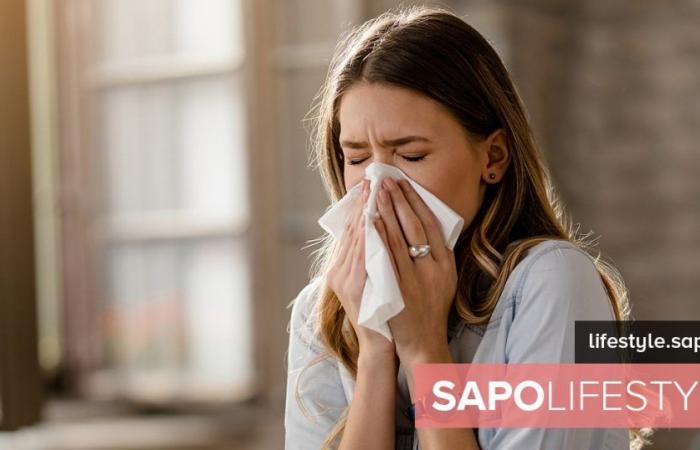Sneezing, coughing, itchy face and red eyes. April and May are the months in which spring allergies tend to appear, causing some discomfort, especially around the eyes, nose and mouth. In fact, in the season when the days start to get hotter there is a greater concentration of pollen in the air, which promotes an increase in allergic reactions and which can, consequently, compromise oral health.
“It is very common that, in spring, pollens in the air worsen the symptoms of allergy sufferers. However, even though it is seasonal, it is very important to be aware of the main symptoms – which essentially consist of increased coughing, sneezing, nasal congestion and itching on the face and body – so that they do not evolve into more serious situations. In fact, in addition to respiratory problems, such as asthma, and skin problems, such as allergic dermatitis, allergies can also have negative consequences for oral health”, begins by explaining to Ana Ribeiro, dentist at MALO CLINIC Porto.
Therefore, at a time when spring allergies are already making themselves felt, Ana Ribeiro reveals four consequences of this condition for oral health and how to prevent them:
- Dry mouth and risk of cavities: Nasal congestion – very common during spring allergies – can lead patients to breathe through their mouth, which increases dryness and promotes decreased salivation. In addition to bad breath, this behavior can also increase the risk of tooth decay and oral infections, as saliva plays a very important role in protecting teeth and mouth tissues. To prevent this from happening, in case of nasal congestion it is essential to drink plenty of water and ensure respiratory comfort in closed spaces, using a humidifier, for example, which helps to alleviate symptoms such as dry skin and throat, asthma and nasal congestion.
- Inflammation of the oral mucosa: Some allergens such as pollen and certain anti-allergy medications can come into contact with the oral mucosa – that is, the membrane that lines the inside of the mouth – when inhaled or ingested. This contact can cause irritation and inflammation of the mouth, as is the case with stomatitis, causing pain, swelling, ulcers or vesicles in the mouth and a burning sensation. Although the lesions caused by inflammation tend to disappear after two weeks, specific medications can be prescribed to alleviate symptoms and combat infection. However, the best way to prevent it is essentially to perform oral hygiene habits regularly with a soft toothbrush, adopt a healthy diet and stay hydrated.
- Consequences of mouth breathing: In children, mouth breathing can compromise the correct development of the mouth and jaws, causing functional and aesthetic problems in the future. It is essential to identify these consequences as early as possible to minimize the impact they can have on the child’s oral health and sleep. In addition, airway congestion caused by allergies can increase the intensity of bruxism, the disorder of clenching and grinding teeth, or sleep apnea, characterized by frequent blockage of the airways during sleep. These disorders, in addition to affecting the quality of sleep, also compromise oral health by damaging the teeth. In more acute moments of allergy, a daily nasal irrigation and cleaning routine is also recommended to avoid nasal obstructions at night.
- Increased risk of sinusitis: Spring allergies can also lead to inflammation of the sinuses, causing sinusitis. This condition not only causes nasal discomfort, it can also affect the dentition and cause orofacial pain. This happens since sinusitis leads to swelling and inflammation of the nasal cavities. To treat this type of inflammation, antibiotics, decongestants and painkillers tend to be prescribed, and the most effective way to prevent it is to gently blow your nose whenever necessary, avoid very polluted environments, as well as very cold and humid or very dry environments, and maintain regular consultations with specialized health professionals.
Tags: Spring allergies prevent affecting oral health Fitness wellbeing






